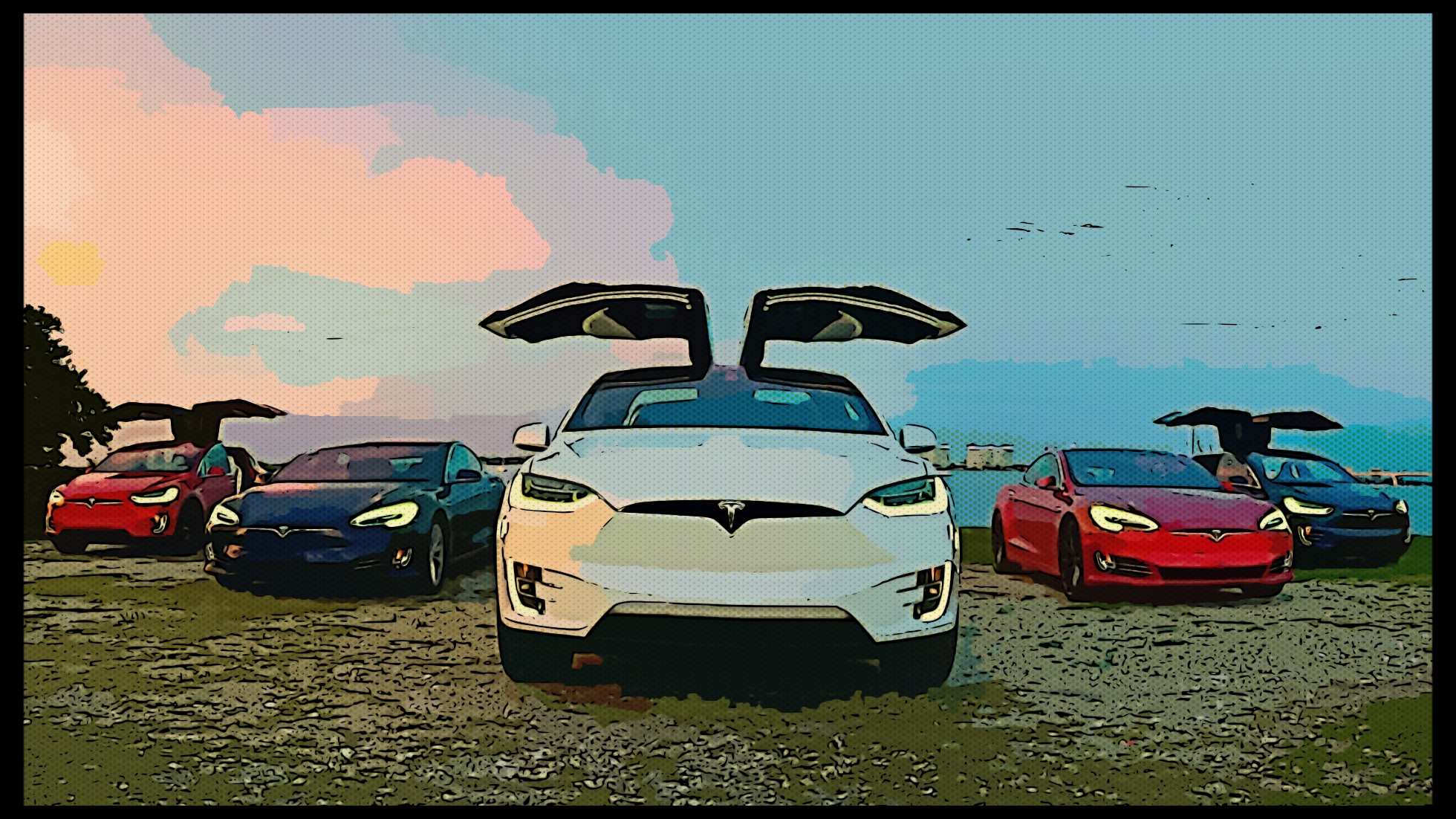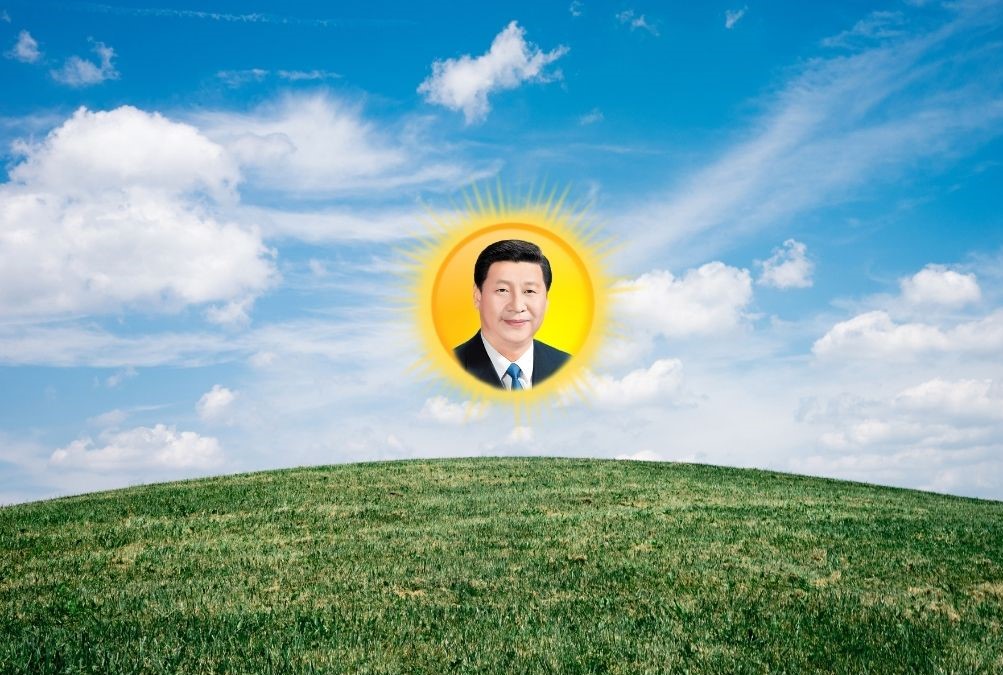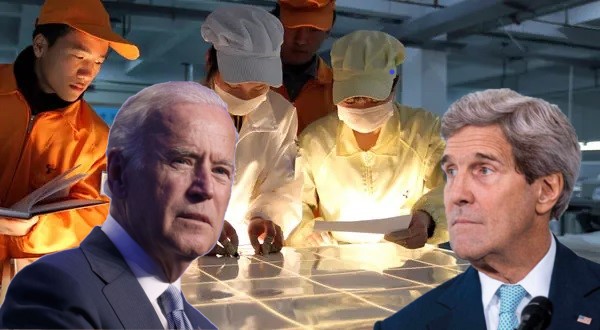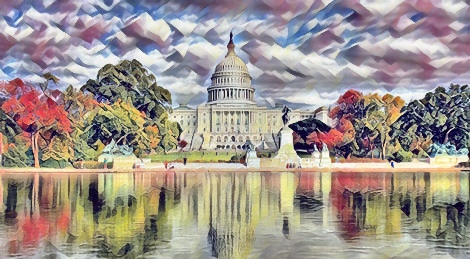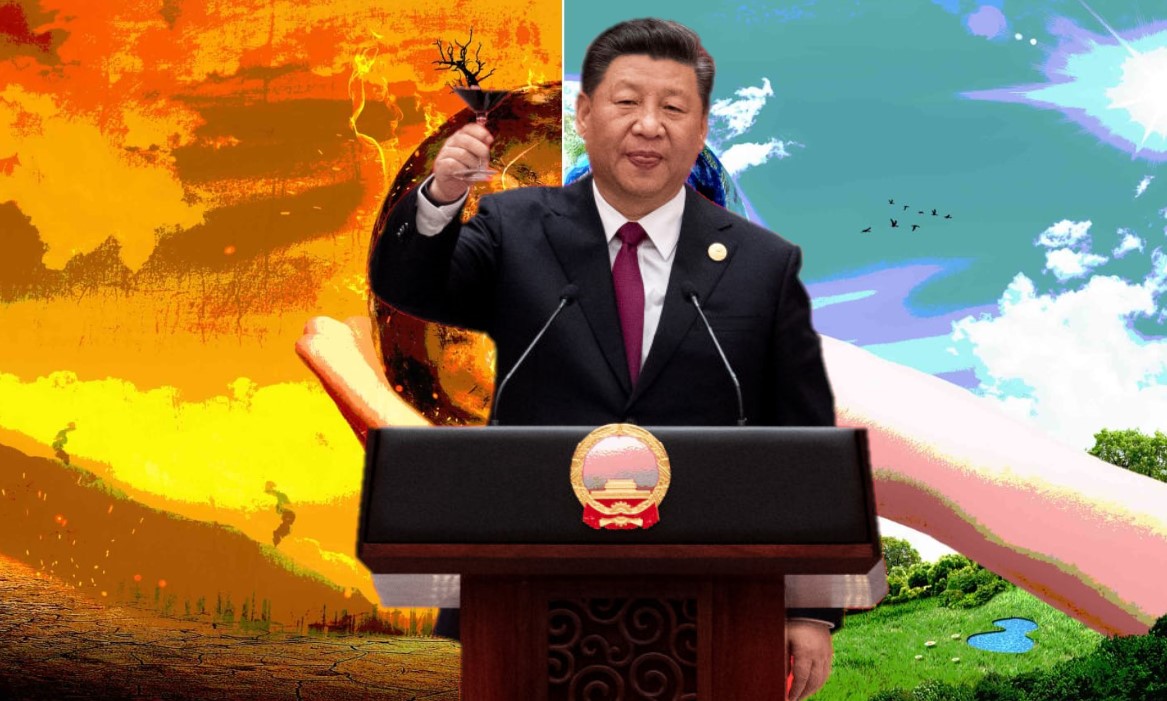CPA: Biden Administration Must Continue Efforts to End Continued Exploitation of Bifacial Exclusion Loophole
WASHINGTON — The Coalition for a Prosperous America (CPA) today urged the Biden administration to end the bifacial solar panel exclusion loophole after the Department




